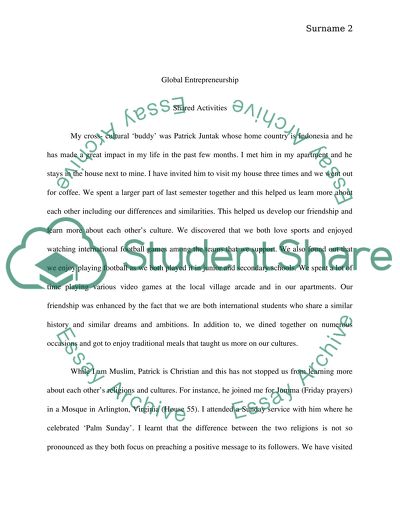Cite this document
(Global Entrepreneurship - Indonesian Culture Essay, n.d.)
Global Entrepreneurship - Indonesian Culture Essay. Retrieved from https://studentshare.org/culture/1498037-cross-cultural-encounter-project
Global Entrepreneurship - Indonesian Culture Essay. Retrieved from https://studentshare.org/culture/1498037-cross-cultural-encounter-project
(Global Entrepreneurship - Indonesian Culture Essay)
Global Entrepreneurship - Indonesian Culture Essay. https://studentshare.org/culture/1498037-cross-cultural-encounter-project.
Global Entrepreneurship - Indonesian Culture Essay. https://studentshare.org/culture/1498037-cross-cultural-encounter-project.
“Global Entrepreneurship - Indonesian Culture Essay”, n.d. https://studentshare.org/culture/1498037-cross-cultural-encounter-project.


